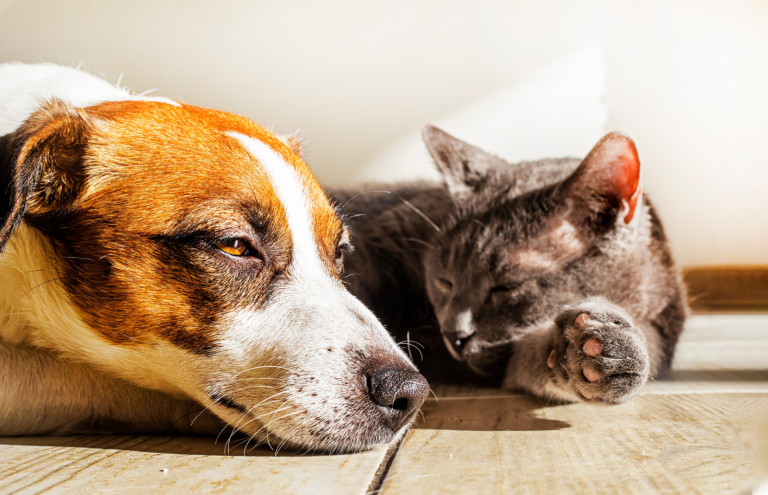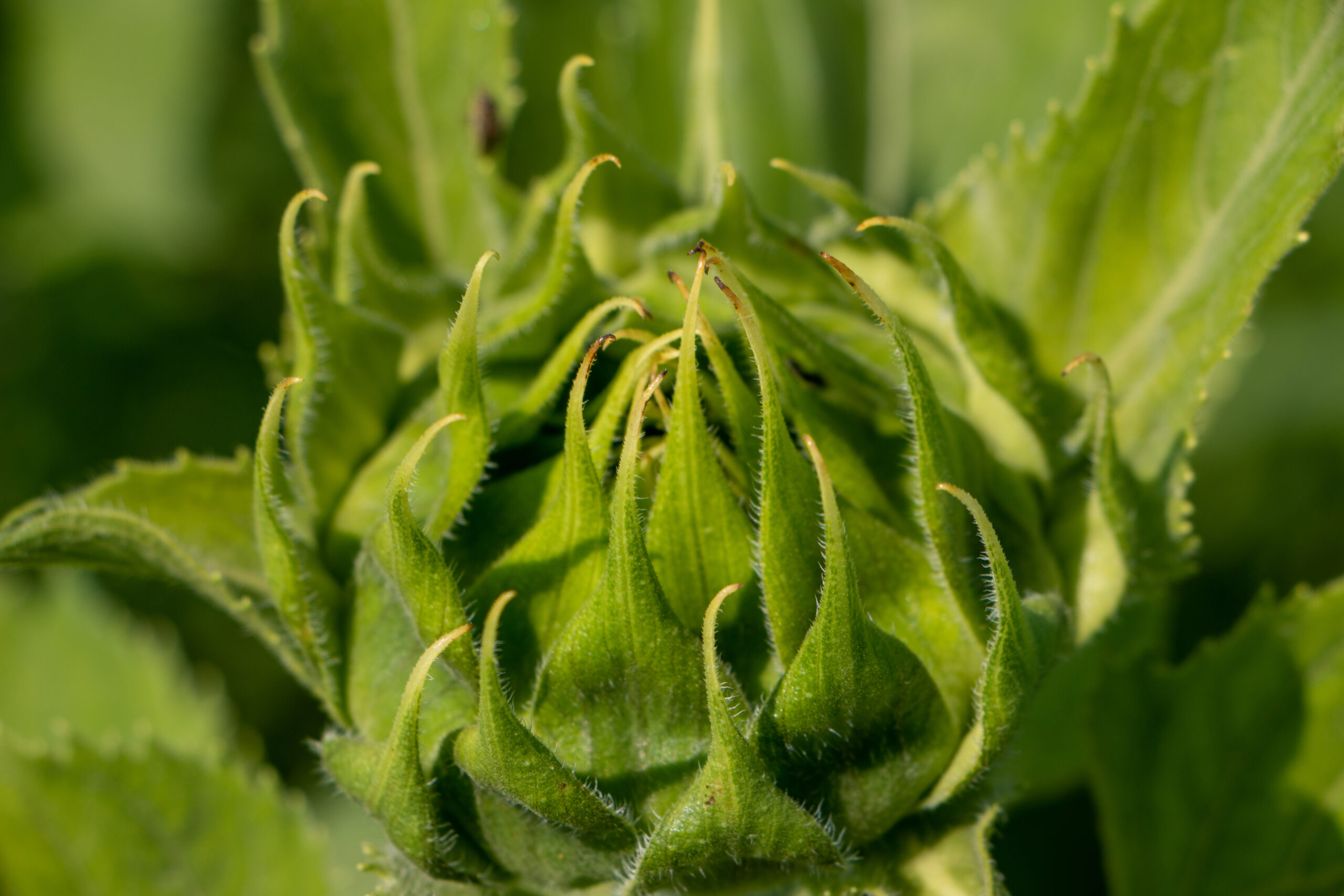Vitamin D for Dogs
Vitamin D for Dogs
Overview
Vitamin D is an essential micronutrient for humans as well as animals. In human research, vitamin D solidly is associated with bone health; however, vitamin D has also been linked to multiple health conditions such as cancer, heart disease, depression, multiple sclerosis, and type 2 diabetes.1-6 Only a small handful of veterinary health conditions have been studied in the specific context of vitamin D status, so the research done on vitamin D and human disease states is relied upon for understanding the potential role of vitamin D intake in canine health.
Vitamin D is more commonly found in food as a fortifying ingredient as opposed to a natural ingredient, but some foods do contain vitamin D. Additionally, Type B ultraviolet (UVB) rays from sunlight stimulate the body to produce vitamin D. However, research shows that UVB-stimulating vitamin D production in dogs is minimally effective, and veterinary professionals and pet owners should instead focus on food sources of vitamin D for dogs (and likely cats as well).7-10
Plants produce a form of vitamin D called vitamin D2 (ergocalciferol), while vitamin D3 (cholecalciferol) is the form created in the skin as a result of sun exposure. When either form makes its way into the body, it is transformed by cytochrome P450 enzymes in the liver into a stable metabolite called 25(OH)D (calcifediol). Blood levels of this metabolite are often considered representative of overall vitamin D status.11
One 2017 review describes the most significant research findings in studies of vitamin D and dogs (or in humans and other animals) as demonstrative of vitamin D’s association with reducing risk of disease, improving treatments and health outcomes, and functioning as a biomarker for prognoses.
What Are Optimal Vitamin D Blood Levels for Canine Health?
The National Research Council (NRC), the Association of American Feed Control Officials (AAFCO), and the European Pet Food Industry Federation (FEDIAH) classify vitamin D as an essential dietary nutrient for dogs. These organizations have also developed various quantitative guidelines for canine vitamin D requirements in terms of International Units (IUs; caloric basis – IU/1000kcal):11
| Organization | Life Stage | Minimum Adequate Intake | Minimum Recommended Allowance | Safe Upper Limit |
| NRC | All | 110 | 136 | 800 |
| AAFCO | All | N/A | 143 | 1429 |
| FEDIAF | Adult | N/A | 138-159 | 800 |
| Reproduction & Early Growth | N/A | 138 | ||
| Late Growth | N/A | 125 |
The ideal vitamin D level in dogs and cats is not known, but research has identified sufficient levels of vitamin D. There are several laboratories that perform vitamin D testing for animals, including Veterinary Diagnostics Institute (VDI), ANTECH Diagnostics, and Michigan Diagnostic Center for Population and Animal Health (MDCPAH).
Vitamin Deficiency in Dogs
Limitations stemming from lack of research on vitamin D and dogs prevent the development of a clearer definition of canine vitamin D deficiency. However, research has shown that low vitamin D levels in animals are linked to cases of rickets and osteomalacia.
Laboratories conducting blood tests for vitamin status in animals may also have varying definitions of vitamin D deficiency. In a 2015 VDI-funded Tufts University study on the effects of diet on vitamin D levels, researchers looked at serum vitamin D levels in 320 dogs represented by three breeds of dogs: Golden Retriever, German Shepherd and White Shepherd.12 Most dogs were fed commercial diets from 40 different manufacturers. Some dogs were fed homemade diets or a combination of commercial and homemade diets. Differences in vitamin D content among manufacturers were statistically significant.
The study found that dogs that ate homemade diets had the largest range of serum vitamin D levels. They also found that some dogs on home-prepared diets had the most deficient vitamin D levels. According to VDI, raw diets are more likely to show near sufficiency.
Does Pet Food Provide Adequate Vitamin D for Dogs?
Most commercial pet foods are formulated to meet minimum nutrient requirements set forth by AAFCO but may not be formulated to meet optimal requirements of vitamin D for pets. Additionally, every animal is unique, including in their ability to absorb and utilize nutrients like vitamin D. Even if one dog’s diet contains adequate sources of vitamin D, the dog’s gut health status may inhibit its ability to fully absorb the vitamin D from food.
What Vitamin D Supplements Are Recommended for Dogs?
Vitamin D supplementation may be an important consideration for dogs with potential unhealthy vitamin D status. Animals can get a majority of their nutrients, especially vitamins and minerals, from whole food sources. Many animals only eat commercially prepared, processed pet foods. Vitamin D is a fat-soluble vitamin, and, in nature, dogs would get vitamin D from the fat stores of their prey. An alternative to a supplement that includes a synthetic form of vitamin D3 is fresh, vitamin D-rich whole food sources that can be incorporated into the pet’s diet. Foods that are good sources of vitamin D include salmon, liver, eggs, yogurt, kefir, and cheese.
It is less likely for excessive vitamin D to be consumed by the animal if a whole food source of vitamin D is used rather than cholecalciferol (a high-dose, synthetic vitamin form of vitamin D). Food sources of vitamins and minerals often provide the nutrient in much lower concentration. The body better recognizes a natural vitamin from its food source, so a lower dose is usually sufficient. Symptoms of vitamin D toxicity can include excessive drooling, vomiting, diarrhea, dark or tarry stools, loss of appetite, increased thirst and urination, abdominal pain, weakness, depression, muscle tremors, and seizures.
If an animal with insufficient vitamin D levels does not have adequate vitamin D levels after trying food sources of vitamin D, it may be worth examining digestive health and the possibility of malabsorption affecting vitamin D status.
Many experts recommend working with a veterinarian on diet and vitamin D supplementation for pets. Veterinarians can check a dog’s blood serum vitamin D levels on at least an annual basis and anytime the dog’s health status changes.
- Newberry SJ, Chung M, Shekelle PG, Booth MS, Liu JL, Maher AR, et al. Vitamin D and calcium: A systematic review of health outcomes (update). Evidence Report/Technology Assessment No. 217. (Prepared by the Southern California Evidence-based Practice Center under Contract No. 290- 2012-00006-I.) AHRQ Publication No. 14-E004-EF. Rockville, MD: Agency for Healthcare Research and Quality. September 2014.
- Keum N, Lee DH, Greenwood DC, Manson JE, Giovannucci E. Vitamin D supplementation and total cancer incidence and mortality: A meta-analysis of randomized controlled trials. Ann Oncol 2019;30:733-43.
- Mheid IA, Quyyumi AA. Vitamin D and cardiovascular disease: Controversy unresolved. J Am Coll Cardiol 2017;70:89-100.
- Anglin RES, Samaan Z, Walter SD, McDonald SD. Vitamin D deficiency and depression in adults: Systematic review and meta-analysis. The British Journal of Psychiatry 2013;202:100-7.
- Sintzel MB, Rametta M, Reder AT. Vitamin D and multiple sclerosis: A comprehensive review. Neurol Ther 2018;7:59-85.
- Seida JC, Mitri J, Colmers IN, Majumdar SR, Davidson MB, Edwards AL, et al. Effect of vitamin D3 supplementation on improving glucose homeostasis and preventing diabetes: A systematic review and meta-analysis. J Clin Endocrinol Metab 2014;99:3551-60.
- Wheatley, V.R., and Sher, D. W. (1961). Studies of the lipids of dog skin I: The chemical composition of dog skin lipids. J. Invest. Derm. 36:169.
- Hazewinkel, H. A., How, K. L., Bosch, R., Goedegebuure, S. A. and Voorhout, G. (1987). Inadequate photosynthesis of vitamin D in dogs. In: Nutrition, Malnutrition, and Dietetics in the Dog and Cat. Proceedings of the International Symposium held at Hanover, September 3 to 4, 1987. Edney, A.T.B., Ed. British Veterinary Association in collaboration with the Waltham Centre for Pet Nutrition.
- Griffiths, P. and Fairney, A. (1988). Vitamin D metabolism in polar vertebrates. Comp. Biochem. Physiol. B. 91:511–516.
- How, K.L., Hazewinkel, H. A. and Mol, J. A. (1994). Dietary vitamin D dependence of cat and dog due to inadequate cutaneous synthesis of vitamin D. Gen. Comp.Endocrin. 96:12–18.
- Weidner, N., & Verbrugghe, A. (2017). Current knowledge of vitamin D in dogs. Critical reviews in food science and nutrition, 57(18), 3850–3859. https://doi.org/10.1080/10408398.2016.1171202
- Sharp, C. R., Selting, K. A., & Ringold, R. (2015). The effect of diet on serum 25-hydroxyvitamin D concentrations in dogs. BMC research notes, 8, 442. https://doi.org/10.1186/s13104-015-1360-0





